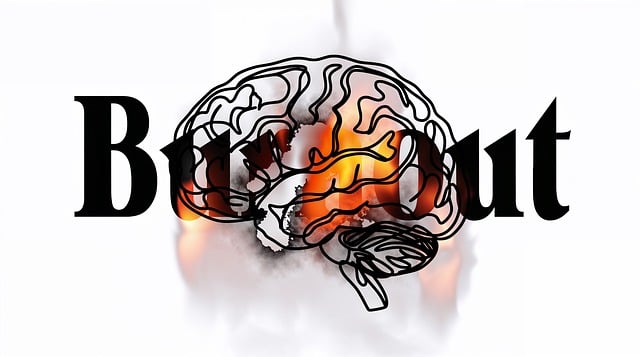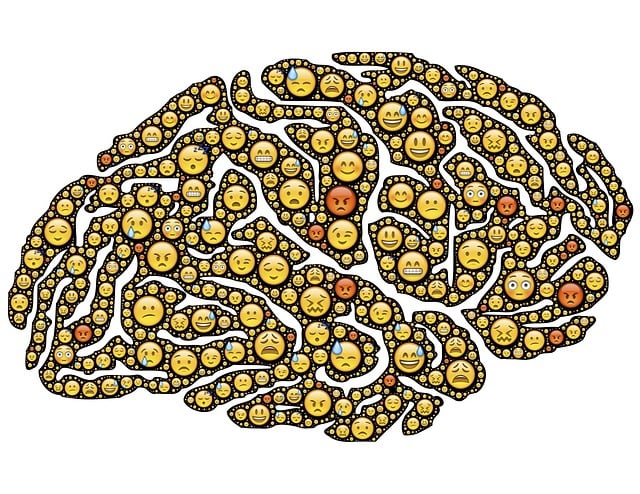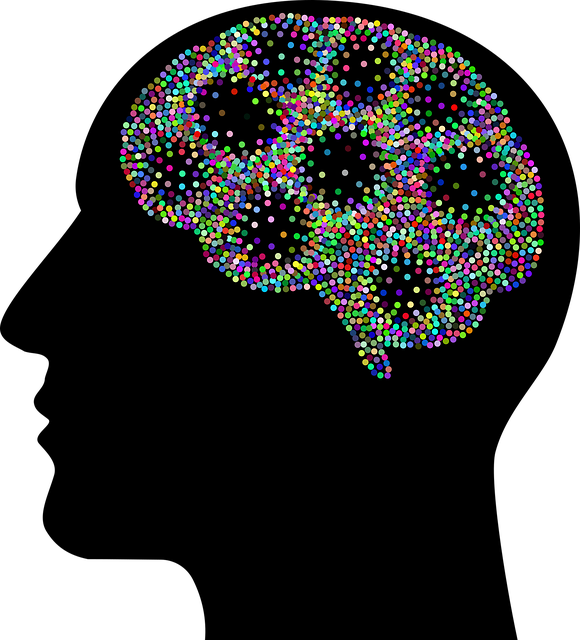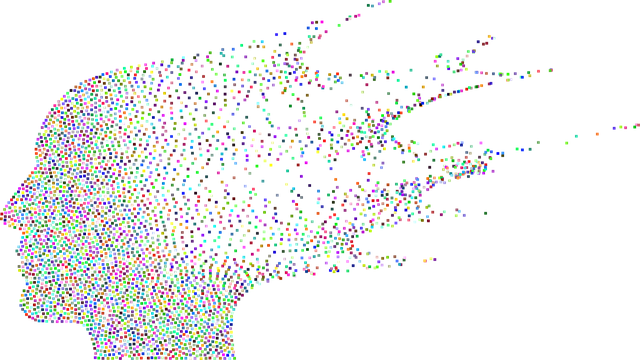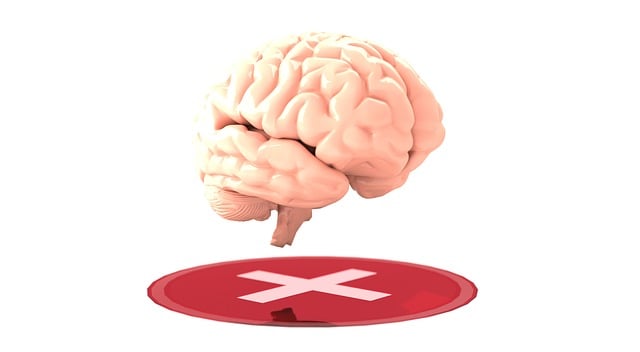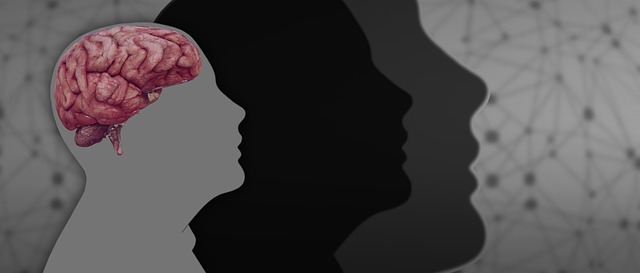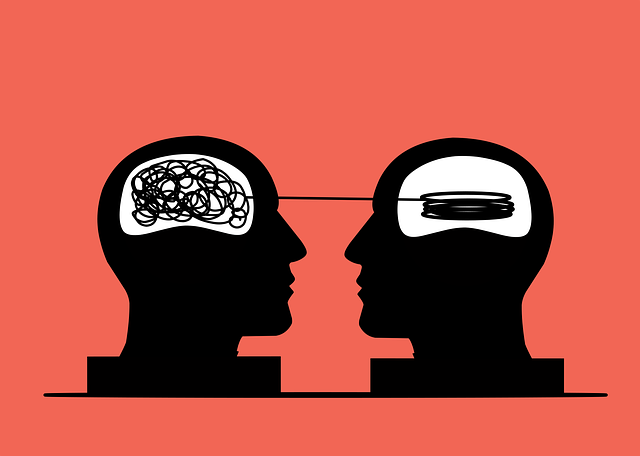Englewood EMDR Certified Therapy offers powerful group facilitation techniques for enhanced mental wellness support. Skilled facilitators create safe, supportive environments where members engage in structured activities and discussions for self-awareness. Through exercises like Self-Awareness Exercises, peer support encourages emotional expression, resilience building, and collective problem-solving. This collaborative approach fosters community, shared resilience, and inner strength, revolutionizing mental wellness with tailored EMDR techniques, mindfulness meditation, and self-care practices. Certified therapists guide discussions, implement evidence-based strategies, and encourage active participation to transform lives through inclusive care.
Mental wellness group facilitation is a powerful tool for enhancing therapeutic outcomes. This article explores the art of guiding individuals through shared experiences, fostering connection, and promoting healing. We delve into the benefits of group settings in therapy, highlighting how they create a supportive environment for growth. Specifically, we focus on Englewood EMDR Certified Therapy, an innovative approach that combines elements of EMDR with group dynamics. Learn about facilitator roles, effective techniques, and how these strategies contribute to successful mental wellness group sessions.
- Understanding Group Facilitation for Mental Wellness
- Benefits of Group Settings in Therapy
- Englewood EMDR Certified Therapy: An Overview
- Facilitator Roles and Responsibilities
- Effective Techniques for Successful Group Sessions
Understanding Group Facilitation for Mental Wellness

In the realm of mental wellness, group facilitation plays a pivotal role in fostering supportive environments for individuals seeking healing and growth. Techniques employed by skilled facilitators, such as those trained in Englewood EMDR Certified Therapy, are designed to enhance self-awareness and promote positive changes. Group settings offer a unique dynamic where members can share experiences, gain different perspectives, and build upon one another’s insights, creating a powerful tapestry of support.
Effective group facilitation for mental wellness involves a nuanced balance between structured activities and organic discussions. Self-Awareness Exercises, carefully integrated into sessions, encourage participants to explore their thoughts, emotions, and behaviors. Additionally, well-designed Mental Health Education Programs can equip individuals with valuable coping strategies and promote Self-Esteem Improvement. Through these collaborative practices, facilitators enable members to navigate challenges, cultivate resilience, and ultimately achieve lasting well-being.
Benefits of Group Settings in Therapy

In group settings, individuals experiencing mental health challenges benefit from a supportive environment that fosters connection and understanding. Englewood EMDR Certified Therapy leverages this dynamic to create a powerful space where members can share their experiences, gain different perspectives, and learn valuable coping strategies. This collective approach not only enhances emotional expression but also promotes healing through peer support. Group therapy offers a unique opportunity for individuals to build inner strength by recognizing that they are not alone in their struggles, which is crucial for effective mood management.
Group facilitation techniques encourage active participation, allowing members to develop resilient coping mechanisms tailored to their specific needs. This collaborative aspect is particularly beneficial for trauma support services as it enables participants to receive and offer validation, fostering a sense of community and shared resilience. Through open dialogue and collective problem-solving, individuals can discover new insights into their mental health conditions, ultimately contributing to improved well-being and personal growth.
Englewood EMDR Certified Therapy: An Overview

Englewood EMDR Certified Therapy offers a transformative approach to mental wellness through its specialized techniques. EMDR, or Eye Movement Desensitization and Reprocessing, is a therapeutic method designed to help individuals process traumatic memories and emotions effectively. This therapy facilitates the brain’s natural healing process by encouraging bilateral stimulation, typically through side-to-side eye movements, while the client recalls distressing events.
The goal of Englewood EMDR Certified Therapy is to enhance resilience building by helping clients reprocess traumatic experiences, reduce their intensity, and promote positive emotions. By integrating Mindfulness Meditation and Self-Care Practices into sessions, this approach supports individuals in cultivating present-moment awareness and developing healthier coping mechanisms. These techniques empower clients to navigate life’s challenges with increased emotional agility and a deeper sense of inner peace.
Facilitator Roles and Responsibilities

In facilitating mental wellness groups, the role of a certified therapist is multifaceted. They are not merely observers but active participants who create a safe and supportive environment. Their primary responsibility is to guide the discussion, ensuring every member feels heard and valued while fostering an atmosphere conducive to healing and growth. Certified therapists like those from Englewood EMDR offer empathy, expertise, and evidence-based techniques to navigate complex emotions and experiences shared within the group.
The facilitator’s role extends beyond conversation. They are tasked with implementing strategies tailored to the group’s dynamics, promoting open communication, and encouraging active participation. This involves integrating elements of a Community Outreach Program to engage diverse audiences, addressing issues like Depression Prevention, and enhancing Healthcare Provider Cultural Competency Training to ensure inclusive care. Through these techniques, facilitators aim to revolutionize mental wellness support, transforming lives one interaction at a time.
Effective Techniques for Successful Group Sessions

Creating a safe and supportive environment is paramount for successful mental wellness group sessions, where participants can openly share their experiences and connect with peers. Englewood EMDR Certified Therapy facilitates this by incorporating effective techniques tailored to foster meaningful interactions and personal growth. One such technique involves structured Self-Awareness Exercises that encourage members to identify and express their emotions, thoughts, and sensations in real-time. This practice enhances mindfulness and promotes self-regulation, empowering individuals to better manage their moods.
Additionally, group facilitators should incorporate activities that boost confidence and foster a sense of belonging. Through collaborative problem-solving, role-playing scenarios, and shared achievements, participants can learn from one another, build upon their strengths, and gain new perspectives. These Confidence Boosting exercises not only enhance individual resilience but also strengthen the therapeutic bond within the group, creating a supportive network that continues to benefit members long after each session concludes.
Mental wellness group facilitation offers a powerful approach to therapy, harnessing the strength of collective support. As evidenced by Englewood EMDR Certified Therapy, this method enhances individual healing through shared experiences and diverse perspectives. By understanding facilitator roles, adopting effective techniques, and leveraging the benefits of group settings, mental health professionals can create safe, engaging environments that foster profound transformations.
